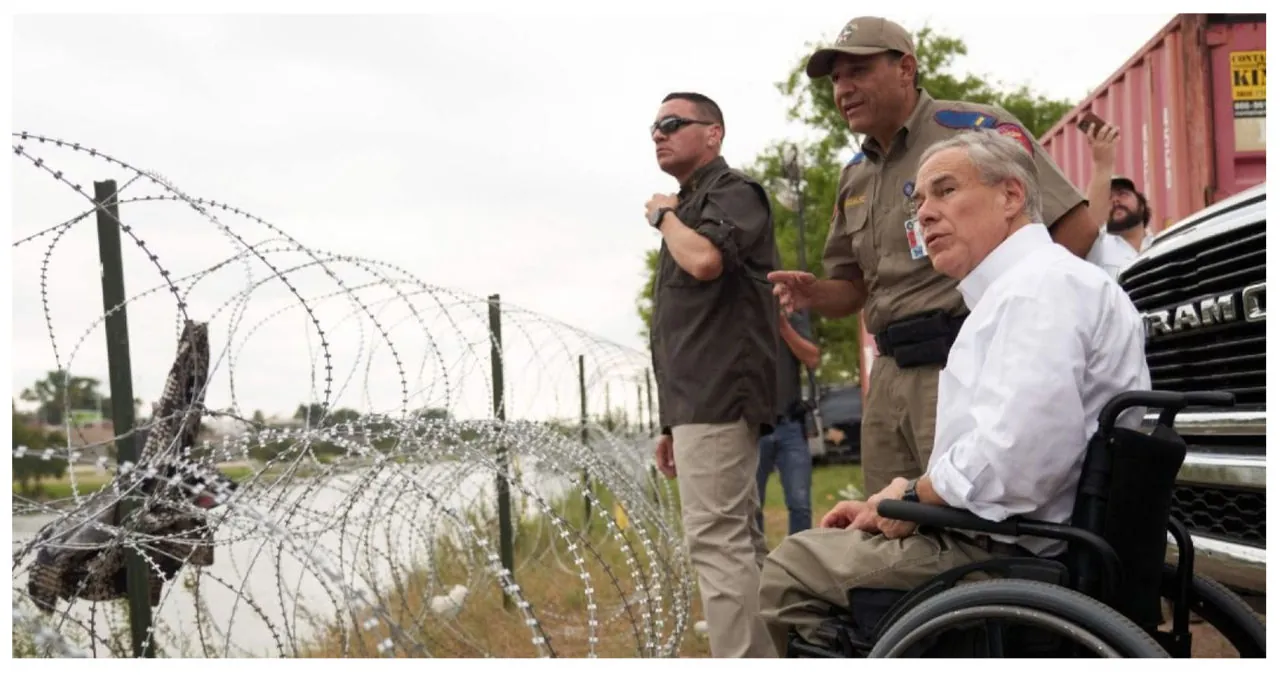U.S. Supreme Court Justice Samuel Alito has extended the delay on the implementation of Texas’ immigrant deportation laws, specifically Senate Bill 4.
Justice Alito, a conservative, has decided to extend the stay until 5 p.m. on March 18th.
The Context
In November, a special Texas legislative session gave approval to S.B. 4, granting local and state law enforcement the authority to apprehend, detain, and expel individuals believed to have entered the state illegally from other countries.
The start of the program, originally planned for March 5, faced a setback as the U.S. District Court for the Western District of Texas issued a preliminary injunction to halt its implementation. This decision came on March 4, coinciding with visits by President Joe Biden and potential Republican presidential candidate Donald Trump to Brownsville and Eagle Pass, where discussions on border security were held with local officials.
Abbott wasted no time in expressing his determination to challenge the ruling, affirming that he would “not back down in our effort to safeguard our state—and our country—from President Biden’s border crisis.”
What We Know
In December 2023, multiple civil rights groups filed a lawsuit against Governor Abbott and Texas Department of Public Safety Director Steven McGraw, challenging the implementation of S.B. 4. This legal action was later combined with another suit brought forth by the Department of Justice. Judge David Ezra ultimately sided with the plaintiffs and blocked S.B. 4 from being enforced.
The case involved several plaintiffs, including prominent civil rights organizations such as the American Civil Liberties Union (ACLU), the ACLU of Texas, the Texas Civil Rights Project representing El Paso County, American Gateways, and Las Americas Immigrant Advocacy Center.
According to the 114-page ruling by Ezra, he stated that the increase in immigration does not qualify as an “invasion” as defined by the Constitution. Additionally, he emphasized that Texas is not engaging in warfare by enforcing S.B. 4.
“Permanently allowing Texas to override federal directives on the grounds of an invasion would essentially invalidate federal law and authority. This concept goes against the principles of the Constitution and has been consistently rejected by federal courts since the Civil War.”
But Texas Attorney General Ken Paxton immediately disputed Ezra’s ruling. He was granted an emergency stay by the U.S. Court of Appeals for the Fifth Circuit, which allowed seven days for review by the U.S. Supreme Court. The appeal was expedited and argued right away, according to the Fifth Circuit order.
Views
Robert Heyman, assistant director of policy and development at the Las Americas Immigrant Advocacy Center of El Paso, expressed his optimism in a phone interview with Newsweek, stating that Ezra’s ruling has increased the chances of success for the plaintiffs.
According to Heyman, although it is not yet certain, the Alito stay can be seen as a hopeful outcome. He further emphasizes that the temporary halt to deportations and the reduction in racial profiling are positive achievements.
“You can never accurately anticipate the direction a case will take based solely on an administrative stay,” he explained. “The purpose of a stay is simply to maintain the status quo while the justices carefully consider the matter at hand. The only conclusion we can draw from this is that the justices require additional time for their deliberations.”
“But every day that S.B. 4 is not in effect, real people living in communities across Texas can breathe a little easier knowing that they won’t have to face the daunting threats and challenges that the law will bring.”
“We are delighted that S.B. 4 is still on hold, and we will continue our relentless efforts to ensure the complete elimination of this law,” stated Anand Balakrishnan, a senior staff attorney at the ACLU’s Immigrants’ Rights Project, as shared with Newsweek.
In a statement shared with Newsweek, Tami Goodlette, director of the Beyond Borders Program at the Texas Civil Rights Project, expressed relief that the stay has prevented “a racist, unconstitutional law from going into effect.”
According to Goodlette, no state should have the authority to enact immigration policies that jeopardize the lives of individuals who are merely in search of safety, improved prospects, and a place to settle down in Texas.
The Las Americas Immigrant Advocacy Center expressed their joy on social media platform X, formerly known as Twitter, on Tuesday, stating, “It is worth celebrating another day without #SB4 and its inherent discrimination. We will continue our fight to ensure that this anti-immigrant and unconstitutional law is permanently abolished.”
What’s Next
According to CBS News, the Fifth Circuit has scheduled arguments on S.B. 4 for April 3.

